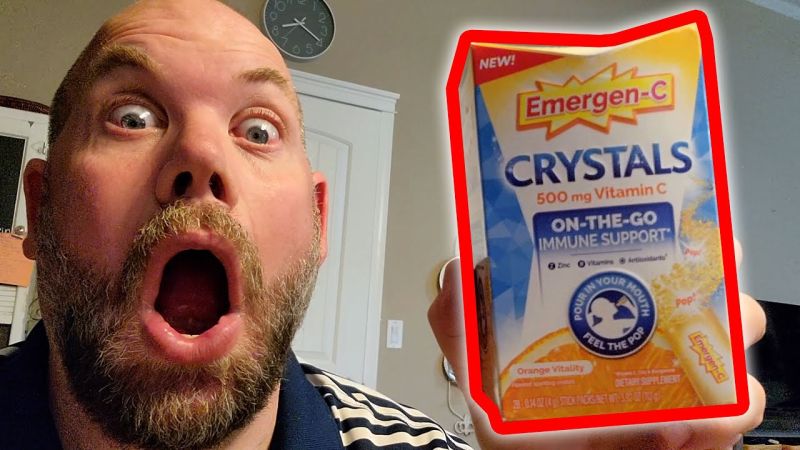
Food waste is a monumental worldwide issue. Approximately one third of the food produced in the world for human consumption every year is lost or wasted, according to the Food and Agriculture Association of the United Nations. A large percentage of this waste is a result of produce spoiling or being thrown out because of cosmetic defects. Fortunately, there is a movement rising up to combat this issue. Food waste prevention can have many names: salvaged, repurposed, rescued. But research from a team at Philadelphia’s Drexel University shows that “upcycled” is the term that wins consumers over. It comes from the familiarity of environmentally friendly practices, like recycling and upcycling in the fashion industry. And surprisingly, the research exposed a consumer willingness to pay more for upcycled products over conventional — despite being made from what might have been thrown out. The upcycling movement is exploding and manifesting in some very unique ways. From the farm to the supermarket, companies are consciously looking for solutions to prevent food waste.
Online Solutions
There are some new apps cropping up that connect people with restaurants who have surplus food that's set to be discarded, but is still good to eat. These foods are heavily discounted, and available for purchase within certain windows. The catch? With Good to Go, you receive a “Magic Bag” - a combination of food that was destined to be thrown out that’s a mystery to you until you’ve purchased it. Similarly, Karma gives half-priced food options to consumers. These foods are available for take-out, and likened to “clearance items”. Full Harvest is a b2b marketplace that connects farmers who have imperfect and surplus produce with food and beverage companies. Its online marketplace allows for farmers to regain a revenue stream that was lost by wasted produce, and gives buyers access to lower cost foods. The platform runs on an inventoried system backed up by food safety laws.
Companies Taking Steps to Improve
In 2017, Kroger debuted an initiative to end hunger in the communities it serves and eliminate waste across the company by 2025. This plan involves sourcing funding for innovative companies that combat food waste, donating more food to local communities, and various other measures to support the intent of the company becoming entirely waste free. Tyson is testing the waters of upcycling food with two different solutions. The first is ¡Yappah! which is a snack that uses the remnants of chicken trim, as well as veggies and spent grain. The other is the Flash Food Box which delivers 15 pounds of surplus food available at a lower price than what can be bought in stores. The lab primarily focuses on fighting food waste, promoting healthy food options and ending food deserts. UK supermarket giant Tesco is battling food waste by upcycling extra baguettes to create crostinis and bread pudding. Kelloggs has partnered with the brewery Seven Brothers to use cereal that would typically be discarded or used for livestock as ingredients in cereal flavored beers.
New Upcycling-Focused Companies
Imperfect Produce continues to boom with shipping “ugly” fruits and veggies to households at a discounted rate. Upcycled food isn’t limited to being made into food to eat again - it can be applied to fashion also. Agraloop transforms food-crop waste into valuable natural fiber products. Planetarians makes snacks from defatted sunflower seeds - the remnants of seeds left after they have been extracted for oil. Canvas is a protein and fiber drink created with dry grain leftovers. WRTMLN WTR utilizes “discarded melons” to make a cold-pressed, hydrating beverage. ReGrained upcycles the grains leftover from brewing beer, to create a bar that’s rich in protein and fiber. Forager Project Vegetable Chips use the fibrous pulp that’s leftover after making their cold pressed juices, making a tasty, healthier and eco-friendly alternative to corn chips. Rubies in the Rubble products include a line of condiments including chutney, jams, relishes, and ketchups - all made from surplus produce. Barnana snacks are made from “ugly” bananas that can’t be sold in stores.
Waste not, want not
The issue of food waste is a complex one. Using resources to salvage edible items helps fight hunger, can lower costs for businesses and consumers, and puts some pretty darn interesting products on shelves. We're on board with this trend and look forward to seeing more of the fascinating ways upcycling can give a new face to food!
Other Articles
All ArticlesOther Articles
All ArticlesFuture proof your brand.
Contact Us
